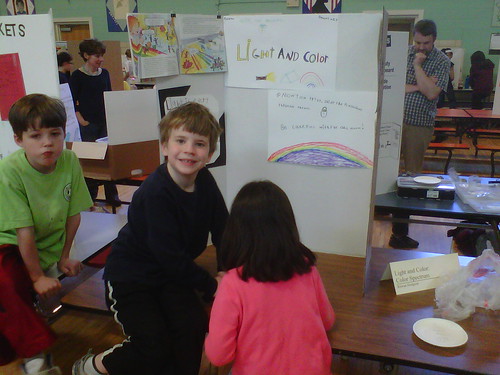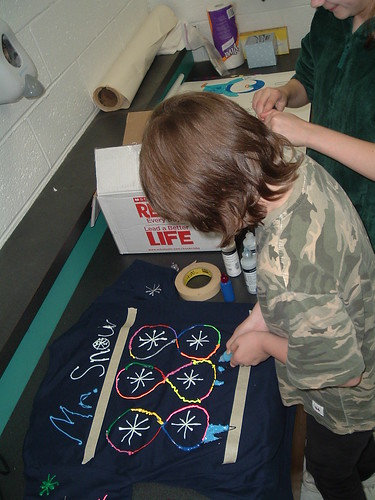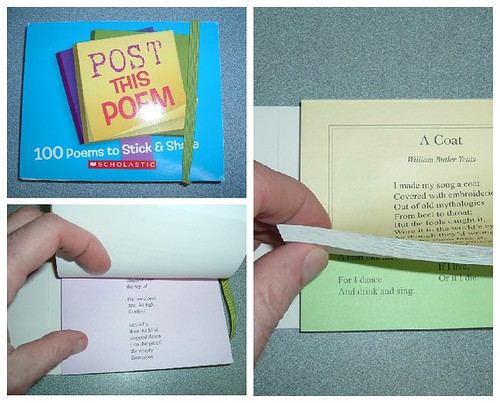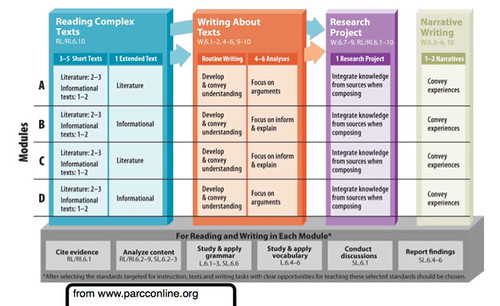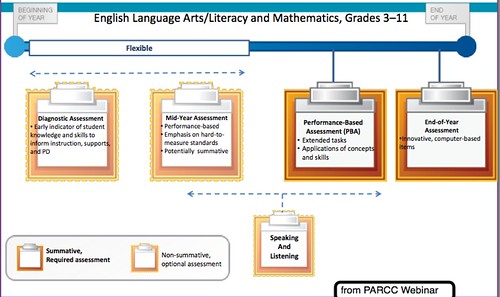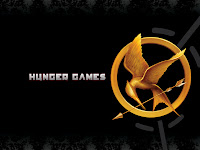
It was the cover that caught my eye.
A blue hippo, dead, floating on some water. (I knew it was dead because of the X on its eyes). The back cover showed the hippo’s big blue butt. I was hooked. I didn’t pick up Belly Up by Stuart Gibbs at the time I saw it in the bookstore, but I noticed how close it was to the Carl Hiaason display, and I couldn’t help notice how similar the cover art seemed to be to Hiaason books. Yeah, I thought, they are trying to ride some marketing coattails here.
Later, though, I kept thinking of the dead hippo. I ordered Belly Up, knowing in the back of my mind how many of my students loved reading Flush. This might be another book to press into their hands. I was not disappointed.
Belly Up is a sort of Hiaason-inspired story arc, with a 12 year old kid (Teddy) who lives in an animal park called FunJungle trying to solve the murder of the ornery and violent Henry the Hippo (the park mascot who fires poop at anyone and everyone) and uncovering some other nefarious deeds being done by some odd characters who inhabit this story.
Gibbs packs a lot of adventure and humor into the book, and I spent a lot of time puzzling over the “who done it” part of the story. The story unfolds at a quick pace, too. Teddy is a likeable character, and his first person voice as narrator is nicely done. Teddy is caring but full of smart-aleck observations about adults. He also meets Summer, the daughter of the FunJungle park, but he wonders about her motivation to uncover the truth about the murder of the hippo. There are interesting narrative detours into the marketing of a park like FunJungle and the impact of pop culture overexposure (the press follow Summer everywhere).
Gibbs peels the cover back on the inner workings of the animal park (including some fun maps in the inside covers). I thoroughly enjoyed the ride with Belly Up, particularly as I was reading it while awaiting Hiaason’s new book, Chomp (which arrived last week and promptly disappeared into my middle son’s room. He proclaims it the “best” Hiaason book yet.)
Peace (never goes belly up),
Kevin

